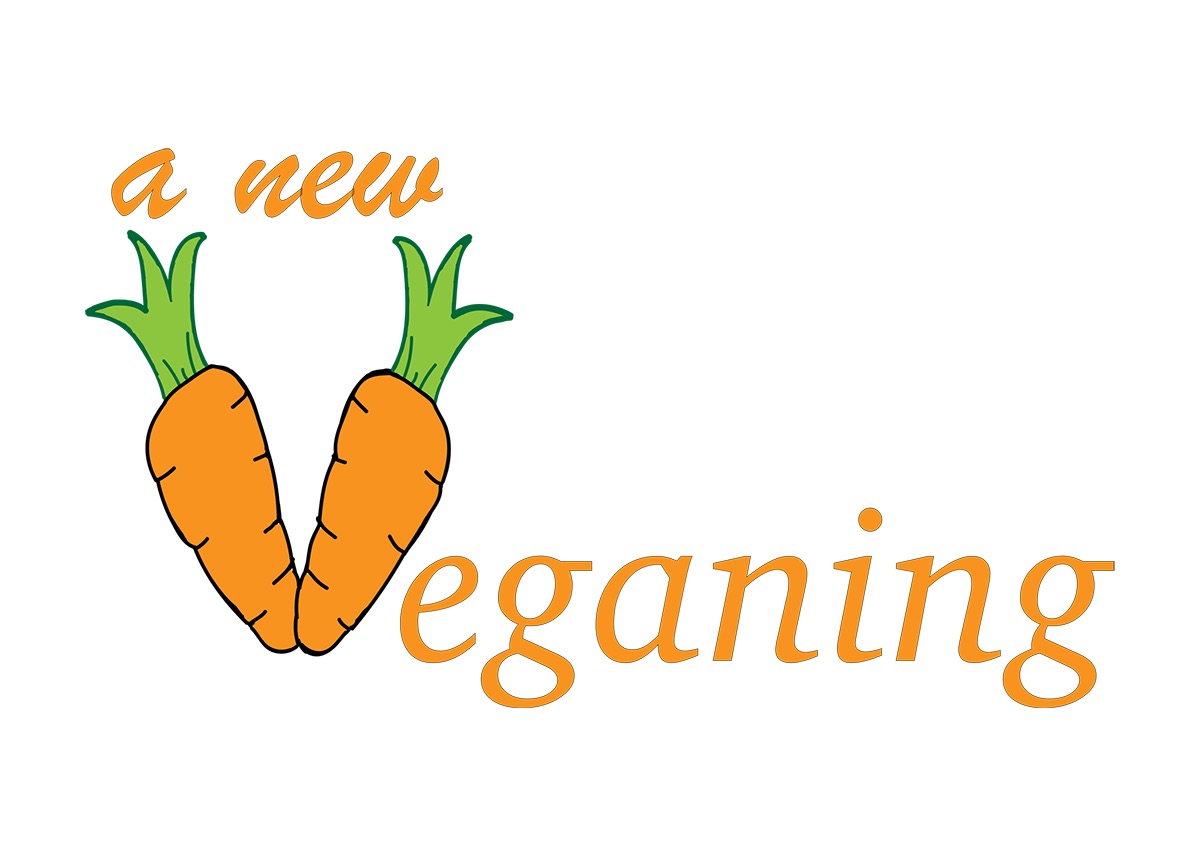A new veganing
Saving the bees is sweet as honey
More stories from Emilee Wentland
In case you haven’t heard, bees are dying at an alarming rate.
According to CNN, bees and other pollinators are “under threat because of widespread pesticide use, climate change, the emergence of foreign pests, diseases and habitat loss.”
As someone who consumes food, the bee population is very important to me. A University of California-Berkeley study found pollinators, like bees, were responsible for over a third of the world’s food production.
Here’s another problem: Vegans don’t typically eat honey.
Bees are living creatures, so for vegans, eating honey would be the same as eating products with milk or eggs because the honey is considered an animal by-product.
Cutting honey out of a vegan diet began when Donald Watson, the man credited with starting the veganism movement, decided vegans shouldn’t eat honey, according to an article from The Guardian.
However, eating honey is more beneficial for bees than it is harmful, and consuming honey will keep local bee farms afloat, The Guardian stated.
“Hives managed properly … and products from local hives (buy local, non-blended honeys) should help landscapes to flourish,” the same article from The Guardian said.
It’s no secret big corporations will resort to inhumane practices to keep up their production quotas, and according to PETA’s website, it’s no different for commercial beekeeping companies.
“Large commercial operations may also take all the honey instead of leaving the 60 pounds or so that bees need to get through the winter,” PETA’s website said.
In an interview with lovefood.com, British Beekeepers Association (BBKA) member Gill Maclean said local, amateur beekeepers are doing bees a “vital service” by continuing to care for them.
That being said, if you buy and consume honey, try to buy it locally. This goes for pretty much anything, but farmer’s markets should be your best friend when it comes to buying honey.
“The honey you buy directly sends a message to beekeepers about how they should keep their bees,” according the website for “Queen of the Sun,” a documentary about bees. “For this reason, and for your own personal health, strive to buy local, raw honey that is from hives that are not treated by chemicals.”
Let the record show I’m not guzzling honey by the jar in an attempt to save the bees. I’ve had the same bear-shaped bottle in my cabinet since I moved in last June, and it’s not running out anytime soon. I drizzle some over my peanut butter toast for breakfast sometimes, and that’s about as adventurous as I get with honey.
However, if you’re vegan or not and you don’t eat honey but still want to save the bees, I’ve found a couple ways of doing so.
The “Queen of the Sun” website released a list of ways people can do their part to save bees from dying. The first thing on their list is planting “bee-friendly” plants and flowers in your yard to provide them with sustenance. Another item on the list is learning how to be a sustainable beekeeper, but that may depend on how much time you’re willing to put into this.
Whether you’re planning to start buying honey locally or looking into how to start your own bee farm, keeping bees alive is essential and I’ll continue to support local beekeepers as a vegan in order to do so.


